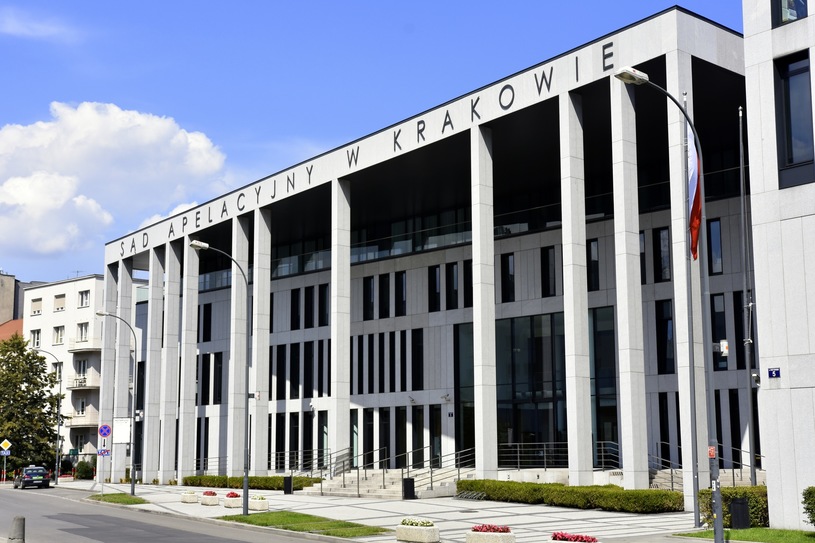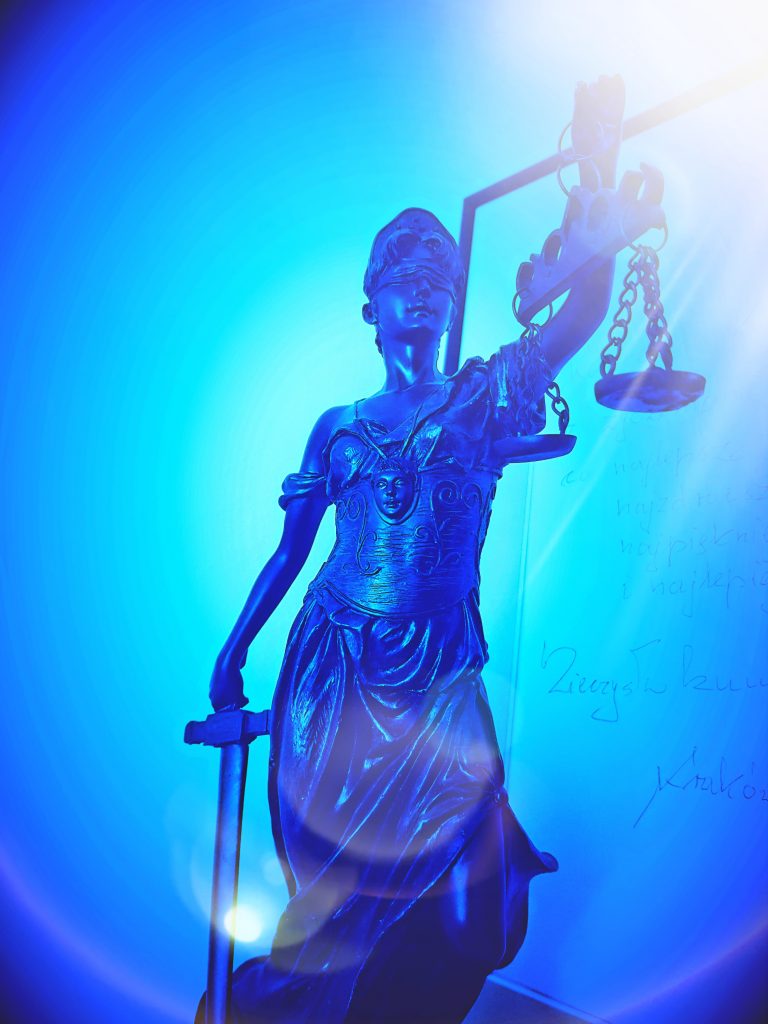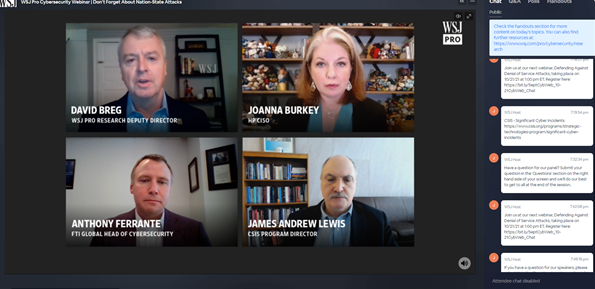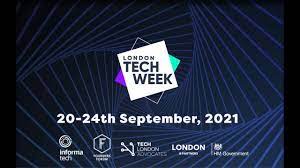Summoning a foreign witness to an online hearing before the Polish civil court – what is the content of the instructions issued by the Polish court to a foreign witness? What is the procedure of remote witness questioning by a Polish court.

More and more often, foreign clients of KIEŁTYKA GŁADKOWSKI KG LEGAL take part in online hearings as a part of civil lawsuits. This also applies to foreign witnesses in commercial proceedings conducted for foreign clients and settled by the Polish civil courts.
The widespread use of remote (online) questioning of witnesses results from a temporary change in the Polish civil procedure, which adapted the practice of conducting court cases in the realities of the pandemic. The proliferation of the practice of questioning witnesses has created the standard practice of summoning foreign witnesses in writing by document, which the Polish court delivers by conventional mail to the witness’ address and summons the witness to participate in the online hearing. The court in such a letter explains in great detail to the witness how and when the witness is to connect to the court online.
Due to the fact that the court informs the foreign witness in great detail about how the foreign witness is to connect online with the Polish court using a computer, KIELTYKA GLADKOWSKI KG LEGAL presents below the full content of the Polish Court’s summons and instructions.
It may turn out to be very helpful for foreign readers doing business in Poland, because this type of summons is very standard and is used in a very similar way by all Polish common courts.
The summons begins with the designation of the court by which the summons is issued. Full text of the summons together with instructions on the consequences of failure to appear online is presented below:




